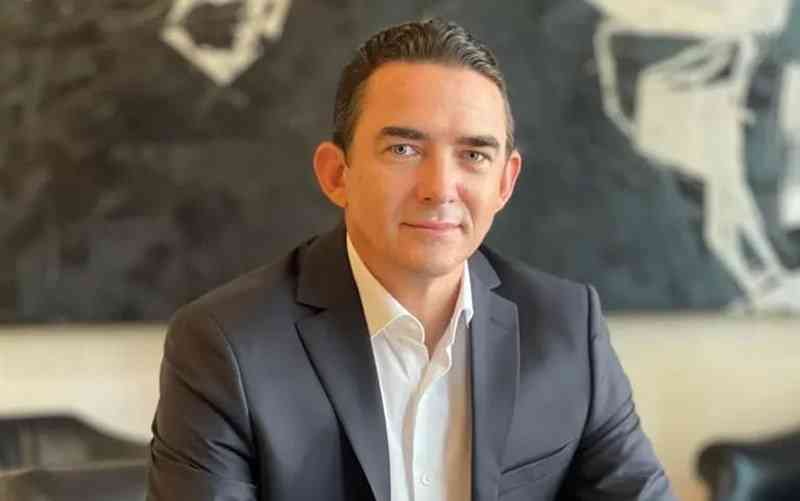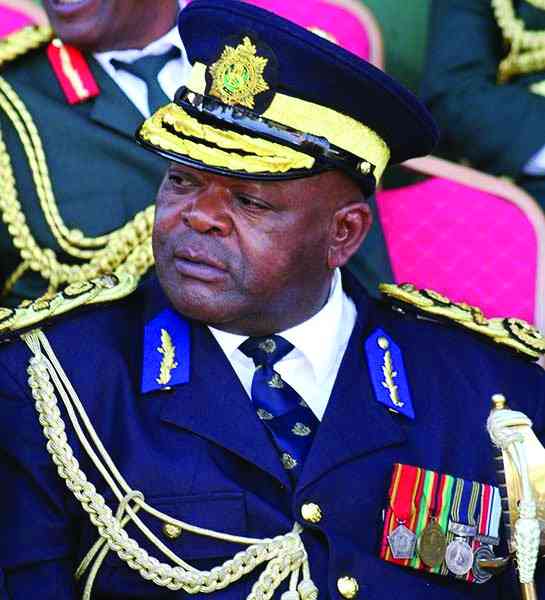
HIRING senior executives is a critical process for any organisation. These individuals lead and manage the company, make strategic decisions, and drive growth. Therefore, it is essential to have a robust hiring process that identifies the best candidates for the job. This article will explore some good practices for hiring senior executives.
Define the role and responsibilities
Before starting the hiring process, it is crucial to define the role and responsibilities of the senior executive position. This includes identifying the key skills, experience, and qualifications required for the job. To be effective when hiring, make your job description clear and concise, detailing the expectations and goals for the position.
Defining the role and responsibilities of a senior executive position is a critical step in the hiring process. It helps to ensure that all stakeholders involved in the hiring process clearly understand what the job entails and what skills and experience are required for success in the role. Here is an example of how this can be done:
You are hiring your organisation's chief financial officer (CFO). The first step in defining the role and responsibilities would be to identify the key areas of responsibility for the position. This might include:
Oversees the company's financial operations, including budgeting, forecasting, and reporting.
Develops and implements financial strategies supporting the company's goals and objectives.
Manages relationships with external stakeholders, such as investors, banks, and auditors.
- Hiring senior executives: A guide to good practice
Keep Reading
Provides financial analysis and guidance to senior management to support decision-making.
Ensures compliance with all relevant statutes related to financial operations.
Once you have identified the key areas of responsibility, you can outline the specific skills, experience, and qualifications required to succeed in the role. For example:
Bachelor's degree in finance or accounting
An MBA is preferred
10 years of experience in financial leadership roles.
Strong analytical skills with experience developing complex financial models.
Experience managing relationships with external stakeholders, such as investors or auditors.
Knowledge of relevant laws and regulations related to financial operations
By defining the role and responsibilities in this way, you can ensure that all stakeholders involved in the hiring process clearly understand what is required for success in the role. This will help you attract candidates with the necessary skills and experience to excel.
Search for the candidates
It is essential to conduct a thorough search for the right candidates. It is important to cast a wide net to attract diverse candidates. This includes advertising the position on relevant job boards, networking with industry professionals, and using executive search firms if necessary. Do not limit your search by putting unnecessary restrictions on the requirements.
The use behavioural interviewing techniques
Behavioural interviewing techniques are designed to assess a candidate's past performance and predict their future success in the role. Behavioural interviewing techniques effectively assess a candidate's past performance and predict their future success in the role.
This involves asking open-ended questions requiring candidates to provide specific examples of how they have handled similar situations. Candidates are required to provide specific examples of how they delt with similar situations in their previous roles.
Let us look at examples you could be use when hiring a CFO:
Give us a situation when you had to make a difficult financial decision. Give us details of the situation, and how did you approach it? This question assesses a candidate's decision-making skills and ability to handle complex financial situations.
Share with us a situation when you had to present complex financial information to stakeholders. How did you ensure they understood the information? This question is designed to assess a candidate's communication skills and ability to translate financial information into language accessible to non-financial stakeholders.
Tell me about a situation when you identified an opportunity for cost savings or revenue growth. How did you develop and implement a strategy to capitalise on this opportunity? This question is designed to assess a candidate's strategic thinking skills and ability to identify opportunities for growth or improvement within the organization.
Describe a situation where you had to navigate complex regulatory requirements related to financial operations. How did you ensure compliance while still achieving business objectives? This question is designed to assess a candidate's knowledge of relevant laws and regulations related to financial operations and their ability to balance compliance requirements with business objectives.
By using behavioral interviewing techniques like these, organisations can better understand a candidate's past performance and how they are likely to perform in the role. This can help ensure that the best candidate is selected for the position.
Assess cultural fit
In addition to assessing a candidate's skills and experience, evaluating their cultural fit with the organisation is important. This includes assessing their values, work style, and personality traits to ensure they align with the company culture.
To A13
As you finalise selecting the right executive candidate, remember that your panelists must not get the questions in advance to avoid leaks. Instead, give your panelist an hour before the interviews to agree on the questions following a structured process.
Check references
Checking references is an essential part of the hiring process for senior executives. This involves contacting previous employers or colleagues to verify a candidate's work history and performance. It's essential to ask specific questions about the candidate's job duties and responsibilities to understand their capabilities better.
Verify the candidate's employment history with their previous employers to ensure they have been truthful about their work experience. You can also ask why they left each position to gain insight into the candidate's career trajectory. Ask the candidate's references about the candidate's performance in previous roles, including strengths and areas for improvement. This can help you gain insight into how the candidate will likely perform in the senior executive position
- Nguwi is an occupational psychologist, data scientist, speaker and managing consultant at Industrial Psychology Consultants (Pvt) Ltd, a management and HR consulting firm. https://www.linkedin.com/in/memorynguwi/ Phone +263 24 248 1 946-48/ 2290 0276, cell number +263 772 356 361 or e-mail: [email protected] or visit ipcconsultants.com.










